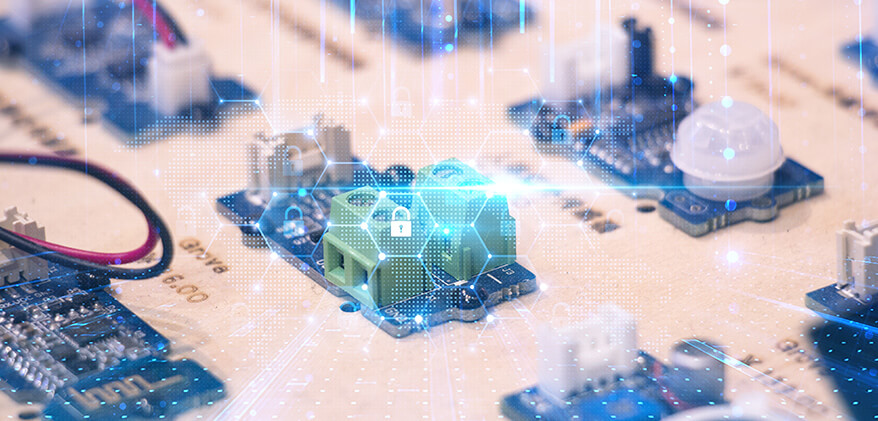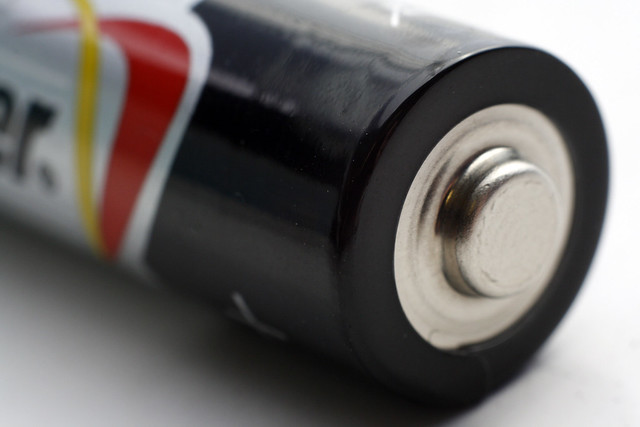Charge Controller For Lithium Battery Introduction
Nov 25, 2019 Pageview:1698
A battery will not charge effectively without a charge regulator and may be destroyed due to overloading or discharge. A battery-connected stand-alone photovoltaic solar energy system requires a charge regulator. The charging device is used to monitor a battery or battery bank loading. Similarly, lithium-ion batteries include a lithium ion solar charge regulator. There are different types of batteries available in the market with the rise of high efficiency technology and options available for doing so in chemistry. In this battery battle, the lithium-ion battery is so exception and is highly efficient within comparison with other battery technologies. A charge regulator makes the battery's operation to the highest possible level and allows energy storage more effective in the case of the lithium-ion battery.
What Is A Charge Controller For Lithium Battery?
A lithium-ion battery charging controller is a lithium battery solar charge controller.
Lithium-ion battery: Due to their high density and lightweight, one quarter of the global battery market is dominated by lithium-ion technology. They have high cell voltage, quick load, low self-discharge and strong lifespan while cycling deeply. The high cost and safety of lithium ion batteries were two limiting factors. Lithium ion batteries are more expensive than lead-acid batteries per watt. Lithium ion battery needs circuitry built in the battery pack to protect the battery from thermal runaway, otherwise it can catch fire or explode. As they are highly reactive to it, these batteries should not be exposed to heat. In the rechargeable lithium ion battery, energy is stored in lithium ions that move from cathode to anode. Electrons are released from anode undergoing oxidation to conduct current during discharge, while cathode gains electrons are reduced in the same process. The cathode consists of lithium metal oxide and porous carbon anode in these batteries. The liquid electrolyte is available in most Li-ion batteries and some have anode-to-cathode polymer (gel) electrolyte.
Solar charging controller: Electricity generated from solar panels is always at different voltages and current levels, depending on the weather and daytime conditions. A charging controller regulates the charging flow to the battery from the solar panel. It also controls the loading flow from the battery to the attached charging.
There are primarily two types of solar charge controllers:
1)PWM ( Pulse width modulation ): This is less efficient but quite inexpensive.
2)MPPT (Maximum Power Point Tracker): Highly efficient but expensive.
However, it is up to the user or purchaser to choose either PWM or MPPT as both systems can be used to control Li-ion battery charging.
Do You Need A Charge Controller For Lithium Battery?
Yes. It will be quite beneficial for lithium ion batteries to have a charge controller.
As every battery chemistries are different from one another and needs to be treated differently— various voltage levels, charging speeds, recharging profiles, safe temperature ranges, whether or not it can be' float charged,' and so on.
For Lithium-Ion, which is very intolerant to operate outside its safe limits (as defined by the battery manufacturer), this is even more critical, otherwise you will harm it, or worse: enter its Death and Lawsuits region. That is why it is safe to use charge controller to avoid such problems.
How Do You Buy Good Charge Controller For Lithium Battery?
It is very important to know which charge controller is good for your lithium battery, for which you should know about the amps / watts / volts of your solar array and batteries, but also there are several other factors too to look at. Additionally, each user will have to decide which type of device they want to load, whether it's a large household with an off-the-grid network, or a deep-cycle battery RV.
Battery voltage
Many units of battery charging fall within the range of 12-48VDC. Some may need 60V or 72V capacity, however. The base standard is 12VDC, but a higher voltage capacity is needed for those running very large systems, such as compounds or whole households. It is critical that the voltage capacity of the battery meets your individual requirements, but we also include the ability to increase your device if you need.
Type
Solar charge controller type refers to whether it is a model of MPPT or PMW. It is widely accepted that MPPT controllers are the best of the best, so they comes on top of the list. Some of the PWM controllers are also in ranking, due to their high-quality options suitable for those who are looking for simple systems to power solar lanterns in a garden or mobile device.
Maximum current output
The number of amps your controller feeds from the battery bank to your devices is critical because it dictates the type and size of devices that your solar panels will actually charge. Those who are only 20-30A compatible have a lower capacity than those rated at or above 80A. While higher is not necessarily better, when determining which model you would like to buy, it is a key factor to consider.
Extra features
Most solar charging controllers come with a variety of additional features. These features enable maximum customization, which means that users can design the perfect system to serve their solar array and batteries. Probably the most important additional features are those related to safety because they prevent dangerous malfunctions-a very real problem when working with electric high voltage.
Here are the best features of the solar charge controller to keep a close eye on:
LED displays.
Logging of data.
Management systems for remote control.
Security features that avoid overloading, short circuits, reverse polarity, and arcs of electricity.
Conclusion
Using a charge controller is imperative to charge a battery and use it efficiently. In the case of the Lithium ion batteries, using a charge controller becomes even more important as Li-ion battery is more expensive than the other available options and in comparison is more efficient to use. In order to make the life of the Li-ion battery longer and safe, it becomes necessary to use a specific charge controller.
- Prev Article: Lithium-ion Battery Pack for Electric Cars
- Next Article: Lithium Battery Recharge Cycles Analysis
Leave Message
Hottest Categories
-
Hottest Industry News
-
Latest Industry News











